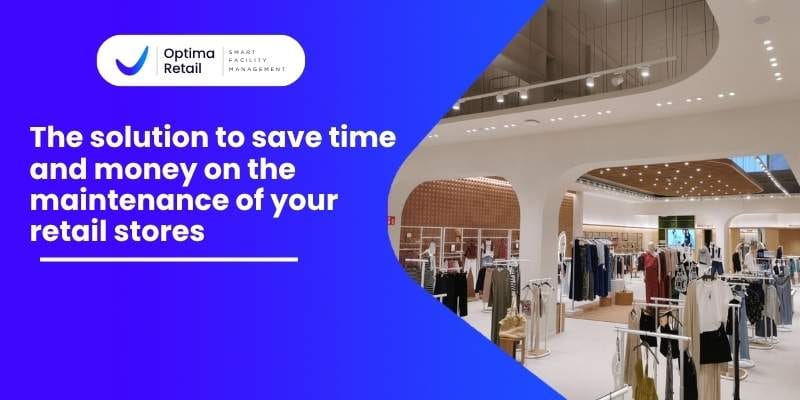
In the competitive world of retail, keeping up with best practices is essential to ensure operational efficiency and customer satisfaction. One of the most valuable tools to achieve this is benchmarking.
But, what is benchmarking and how can it be applied in the field of retail maintenance to improve results? In this article, we will delve into the concept of benchmarking and its application in the retail sector, with a special focus on the comprehensive maintenance services offered by “Optima Retail.”
What is benchmarking?
Benchmarking is a systematic process of evaluating products, services, and work processes in comparison with the strongest competitors in the industry or with globally recognized best practices. This analysis allows for the identification of improvement areas and the setting of realistic goals to achieve superior performance.
- Planning: Define what will be compared and with whom.
- Data Collection: Obtain accurate and relevant information.
- Analysis: Compare the data and identify performance gaps.
- Action: Implement changes based on the findings to improve processes.
At Optima Retail, we distinguish ourselves by providing comprehensive retail maintenance services, ensuring that facilities are kept in impeccable condition to meet the demands of our clients.
Types of Benchmarking

There are several types of benchmarking, each with its own advantages and specific applications:
internAL
Comparing practices and processes within the same organization, between different departments or business units.
competitivE
Comparing practices and results with direct competitors in the market.
funcTional
Comparing similar processes across different industries to find new ways to improve.
genERIC
Analyzing any process, regardless of the industry, to identify innovative practices.
Best Practices in Retail Maintenance
Effective maintenance is essential to ensure that retail facilities are always in optimal condition. Some of the best practices in retail maintenance include:
PREVENTIVE MAINTENANCE
Conduct regular inspections and maintenance to prevent failures before they occur.
Asset Management
Utilize advanced software to monitor and manage all store assets.
Continuous Training
Ensure that the maintenance staff is continuously updated with the latest techniques and technologies.
Sustainability
Implement sustainable maintenance practices to reduce environmental impact and operational costs.
How to Implement It
Implementing benchmarking in retail maintenance requires a structured approach. Below are the essential steps:
Identify the Key Performance Indicators (KPIs)
Determine which metrics are most important for measuring maintenance efficiency.
Downtime
Measure how long equipment and facilities are out of service.
Maintenance Costs
Track the costs associated with maintenance activities.
Customer Satisfaction
Evaluate how maintenance impacts the customer experience.
Case Study: Optima Retail
At Optima Retail, we specialize in providing comprehensive retail maintenance services that ensure facilities are always in optimal condition to meet our clients’ needs.
Benefits
The benefits of applying benchmarking in retail maintenance are numerous and can have a significant impact on operational efficiency and customer satisfaction. Some of the most notable benefits include:
- Continuous Improvement: Fosters a culture of continuous improvement, where ways to optimize processes are always sought.
- Competitiveness: Enables companies to stay competitive by adopting industry best practices.
- Operational Efficiency: Helps identify and eliminate inefficiencies in maintenance processes.
- Customer Satisfaction: Enhances the customer experience by ensuring facilities are in perfect condition.
Challenges and Considerations
Although benchmarking offers many benefits, it also presents some challenges that should be considered:
Data Collection
Obtaining accurate and comparable data can be complicated and requires significant effort.
Data Analysis
Interpreting the data correctly to make informed decisions is essential.
Implementation of Changes
Making changes based on benchmarking results can be challenging and may encounter resistance within the organization.
Optima Retail is dedicated to providing maintenance solutions that not only meet but exceed our clients’ expectations, supporting them in achieving sustainable success within the challenging retail sector.


